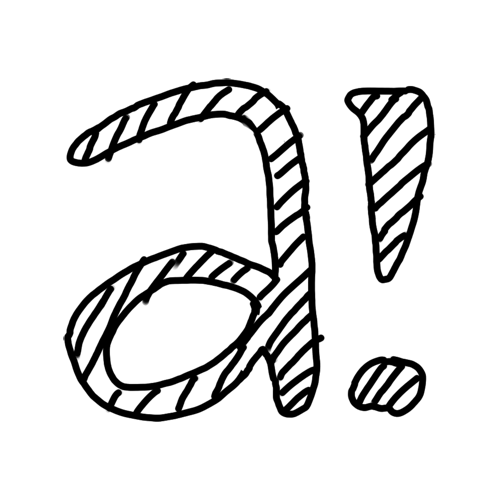3 great career planning tools you should use

Instead of just thinking about your career randomly and forgetting what you decided on before, I recommend doing it more systematically. There are three main tools that I use for this.
Journalling
For me, writing is a good way to get my thoughts out of my head and into a place that I can dissect later on. This can be freeform or guided with questions, whatever works for you. It might also involve some internet searches to get the information you need. Career-wise, some good ones are:
- What do I need to be happy in my career?
- What skills do I want to develop?
- What are the opportunities available right now? Can I see myself becoming someone who can do those things?
- What are the next steps I will take to try these out?
- What are my fears, and how can I do my best to make sure those don't end up coming true?
- If you already have a concrete next step X job or company in mind: do I want to become someone who is good at X? Do I want to see more X in the world? Ultimately that is what you will be doing in your job - pushing the profits of your company.
If you can't answer these, then make a plan for the things you will try out so that you eventually can.
80,000 Hours' career planning template
80,000 Hours has a fantastic template that is basically a guided journalling exercise. It will be useful to you if thinking more about the impact of your work on the world is very important to you.
Weighted scoring
I've also created a spreadsheet of the options I've considered before and how I weigh them. These also include different factors that may play a part, for example income, whether relocation is necessary and so on.
Sometimes numbers can really help and give you more justification of why you want to do something. When I question myself or when others question me, it helps to be able to say "I've thought about the options, these were the scores, and that's why I chose to do this".
Link is here, and you can explore it below as well.
Other resources
80,000 Hours is always a great place to look at. For more specific details on the nitty gritty like goal setting, Austin Belcak has a good starting point.

